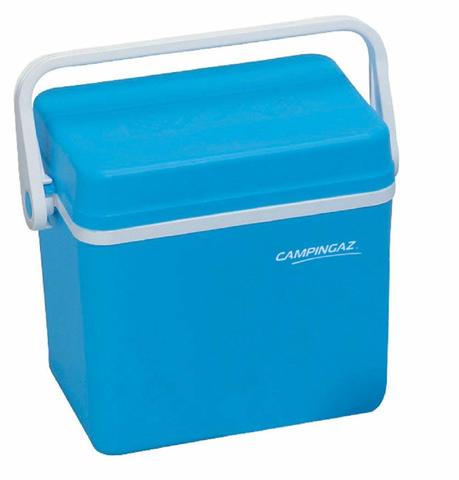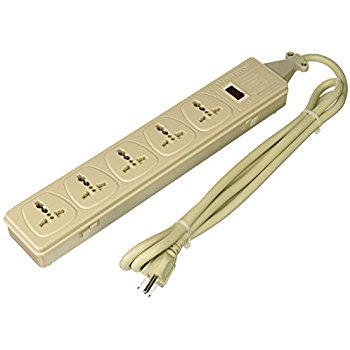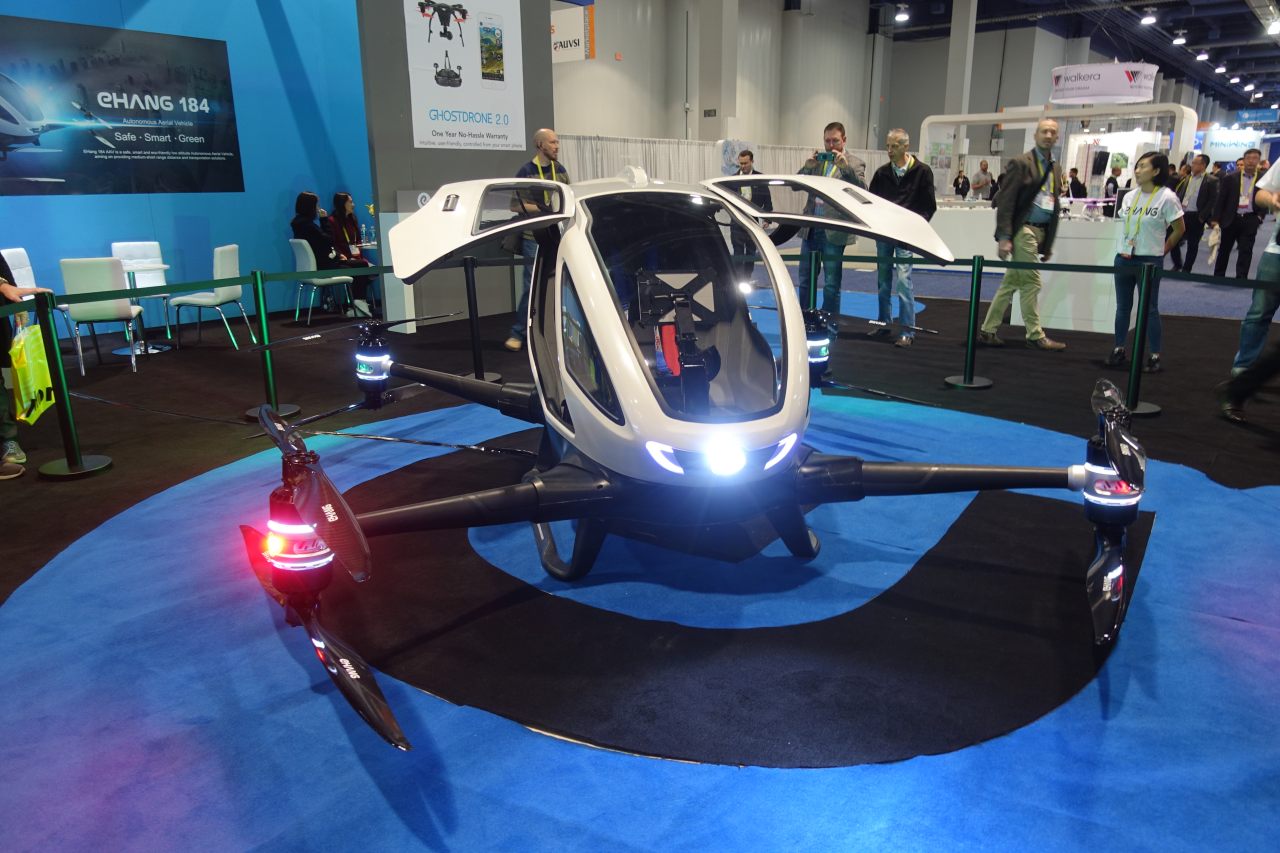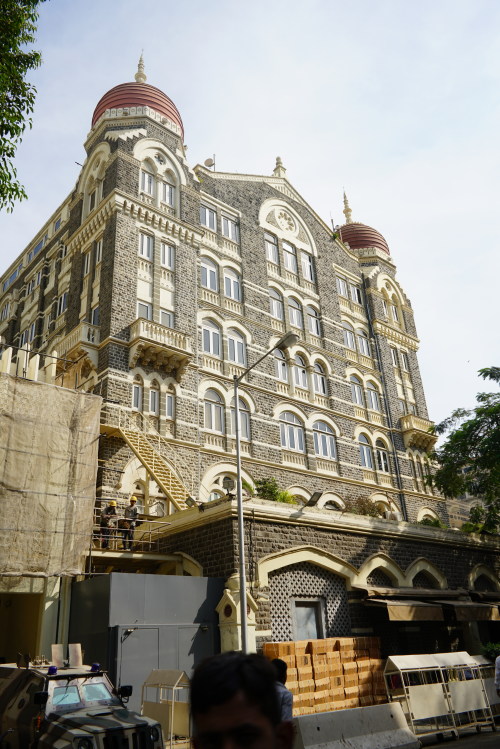Can travel books enter the 21st century?
Submitted by brad on Tue, 2018-08-21 13:21
When you travel, a whole ton of online resources are available, but there is still great value in the classic guidebook that you pay money for. Free tourist information (particularly from tourist boards) is not acting in your interest. Some of the ad or booking supported travel sites do give independent information (or aggregated user information) but they have their biases as well, and are also full of review-spam.




 When doing a road trip, I like to have a cooler in the back of the car. This lets you have cold drinks and snacks, and also means you can shop for things that need refrigeration, particularly things like cheese in Europe. You can buy groceries at any convenient time, even if you won't get to your hotel until later in the day.
When doing a road trip, I like to have a cooler in the back of the car. This lets you have cold drinks and snacks, and also means you can shop for things that need refrigeration, particularly things like cheese in Europe. You can buy groceries at any convenient time, even if you won't get to your hotel until later in the day.

 So many places don't have enough plugs for the modern electronics-laden technomad. So get some power strips. In particular, get the ones that have universal sockets which take US, Euro, UK and Aus/China plugs. Yes, I bring adapters but it's always nice to have some extra plugs. Put one of these power strips by the bed (especially if the plugs by the bed are occupied by lamps and other things.) Put one by the desk space -- you do have desk space, right?
So many places don't have enough plugs for the modern electronics-laden technomad. So get some power strips. In particular, get the ones that have universal sockets which take US, Euro, UK and Aus/China plugs. Yes, I bring adapters but it's always nice to have some extra plugs. Put one of these power strips by the bed (especially if the plugs by the bed are occupied by lamps and other things.) Put one by the desk space -- you do have desk space, right?

